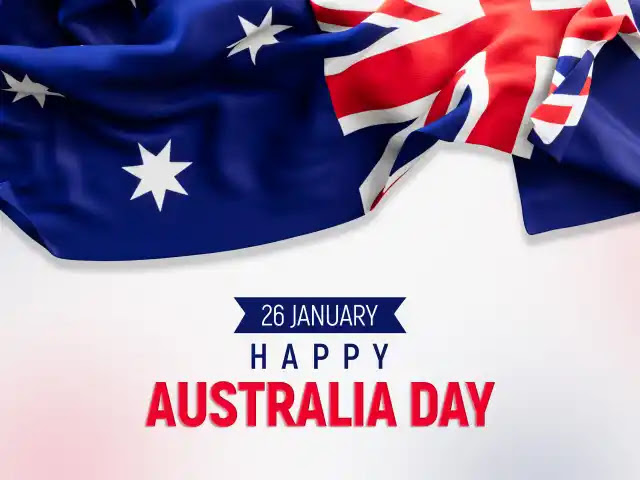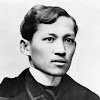Facts about Australia Day: Australia Day is a national day of celebration in Australia, held annually on January 26th. It marks the arrival of the First Fleet of British ships at Port Jackson in 1788, and is a day for Australians to reflect on their history, heritage, and cultural identity. From citizenship ceremonies and community events to music festivals and sports competitions, there is no shortage of activities and festivities on Australia Day. In this article, we will explore 45 fascinating facts about this important national day.
Facts about Australia Day: A Comprehensive Guide to the National Day's History, Celebrations, and Significance
Historical Background:
- Celebrated on January 26th each year.
- Marks the arrival of the First Fleet of British ships at Port Jackson, New South Wales, in 1788.
- Commemorates the raising of the British flag at Sydney Cove by Governor Arthur Phillip.
- Recognized as the official national day of Australia in 1935.
- Controversial due to its association with the colonization and oppression of Indigenous Australians.
Celebrations and Traditions:
- Parades, barbecues, fireworks, and concerts are held across the country.
- Popular events include the Sydney Harbour fireworks show and the Australia Day Regatta.
- Many people fly the Australian flag and wear patriotic clothing.
- The Australia Day Awards are presented to individuals who have made significant contributions to their communities.
- Indigenous peoples often hold protests and commemorate the day as "Invasion Day" or "Survival Day."
National Symbols:
- The official emblem of Australia Day is the Golden Wattle, a native flowering plant.
- The Australia Day logo features the national colors of green and gold.
- The national anthem, "Advance Australia Fair," is often sung on the day.
- The floral emblem of Australia, the Golden Wattle, is widely used in decorations and floral displays.
- The flag of Australia, which features a Union Jack, the Southern Cross, and a Commonwealth Star, is also widely displayed.
Food and Drinks:
- A typical Australian barbecue with grilled meats, salads, and baked goods is a popular way to celebrate.
- Seafood, such as prawns and oysters, is also a common menu item.
- Australian beer, wine, and other alcoholic drinks are widely consumed.
- Traditional Australian desserts, such as pavlova and lamingtons, are also enjoyed.
- Some families also prepare a traditional breakfast, including vegemite toast and sausage sizzles.
Significance and Controversy:
- Australia Day is considered a time to reflect on the nation's history and achievements.
- Many Indigenous Australians view the day as a reminder of the loss of their land, culture, and sovereignty.
- Debates over the date of Australia Day and its symbolism have intensified in recent years, with some calling for the day to be moved to a more inclusive date.
- The Australian government recognizes the importance of reconciliation and the need to acknowledge the impact of colonialism on Indigenous peoples.
- Despite the controversies, Australia Day remains a significant event in the nation's calendar and is widely celebrated by many Australians.
Civic Ceremonies:
- Citizenship ceremonies are held on Australia Day, during which new citizens are welcomed and take the Australian Citizenship Pledge.
- Many local councils and community organizations host community events, such as picnics and festivals.
- Schools and community groups participate in flag-raising ceremonies and sing the national anthem.
- The Australian of the Year Awards are presented on Australia Day, recognizing individuals who have made significant contributions to the nation.
Sports and Activities:
- The Australia Day Regatta is a popular event, featuring boat races on Sydney Harbour.
- Many people take part in outdoor activities, such as hiking, swimming, and beach volleyball.
- Sporting events, such as cricket matches and surf life-saving competitions, are also held.
- Some communities organize Australia Day parades with floats and live entertainment.
Music and Culture:
- Australia Day concerts and music festivals are held across the country, featuring local and international artists.
- Indigenous cultural performances and dance are a prominent feature of many Australia Day events.
- Street performers, such as magicians and clowns, add to the festive atmosphere in many cities.
- Film screenings and theatrical performances are also held in some locations.
The Arts:
- Art exhibitions, craft fairs, and writing competitions are held on Australia Day, showcasing the talents of local artists and writers.
- Photography competitions and art shows display images capturing the beauty and diversity of Australia.
- Children's art competitions and storytelling sessions are held in many communities, encouraging creativity and imagination.
- The day provides an opportunity for people to learn more about Australia's rich cultural heritage.
Community Involvement:
- Australia Day is a day for communities to come together and celebrate their shared heritage and cultural identity.
- Volunteering and community service are encouraged on the day, with many organizations offering opportunities for people to give back to their communities.
- Blood donation drives and charity events are also held on Australia Day, supporting those in need.
- The day provides an opportunity for people to make new friends, connect with their neighbors, and build stronger communities.
Conclusion:
Australia Day is an important and meaningful occasion for Australians, providing an opportunity to come together as a nation and celebrate their shared history and culture. From its historical roots to the diverse array of events and activities held each year, Australia Day is a celebration of all that is great about this unique and remarkable country. Whether participating in a community event, volunteering, or simply enjoying a picnic with family and friends, Australia Day is a time for all Australians to come together and reflect on their nation's rich heritage and proud history.














0 Comments